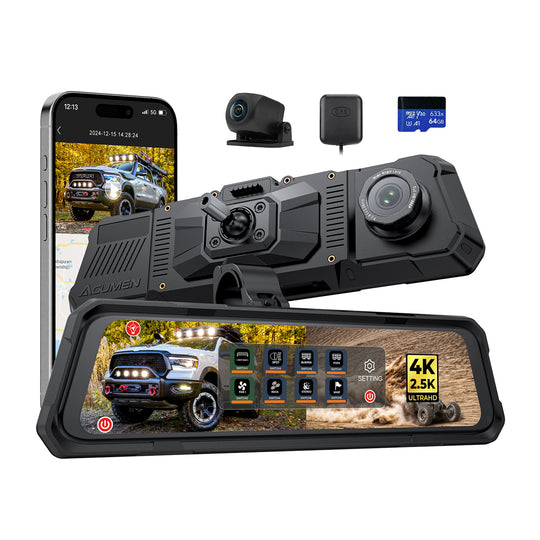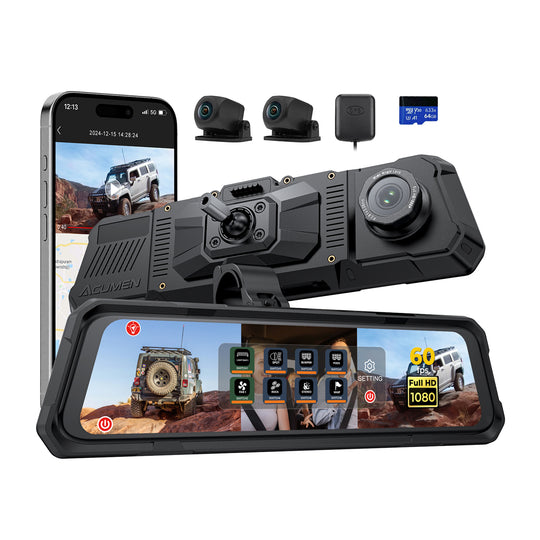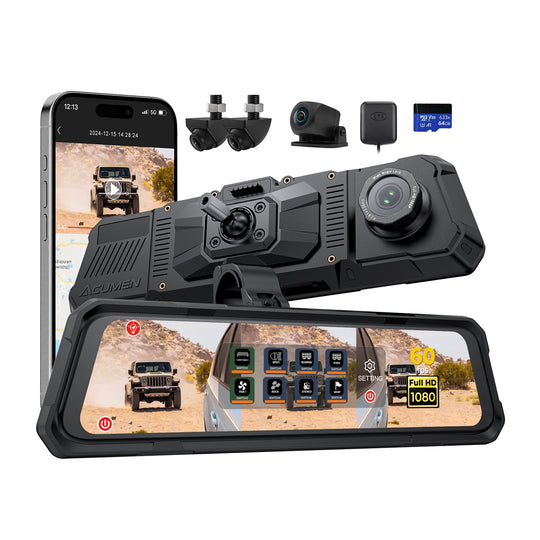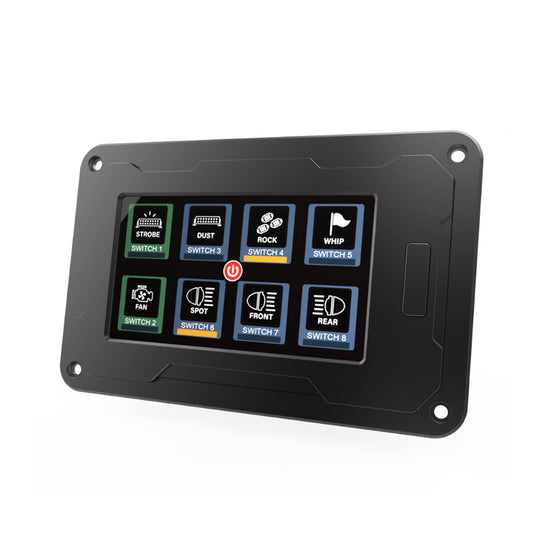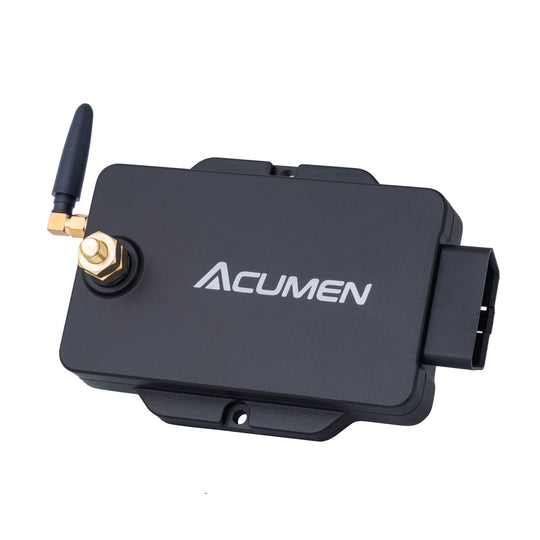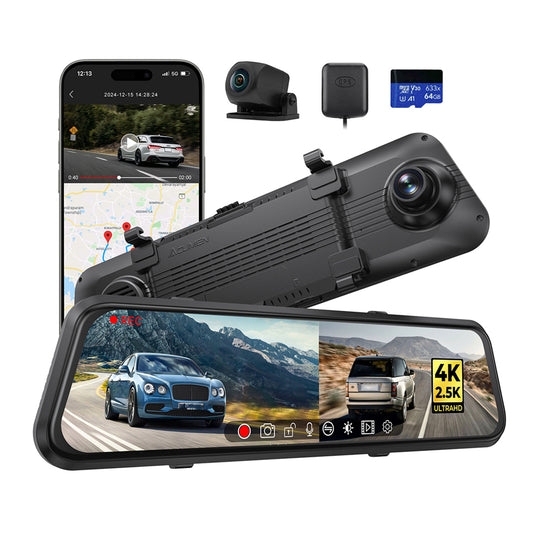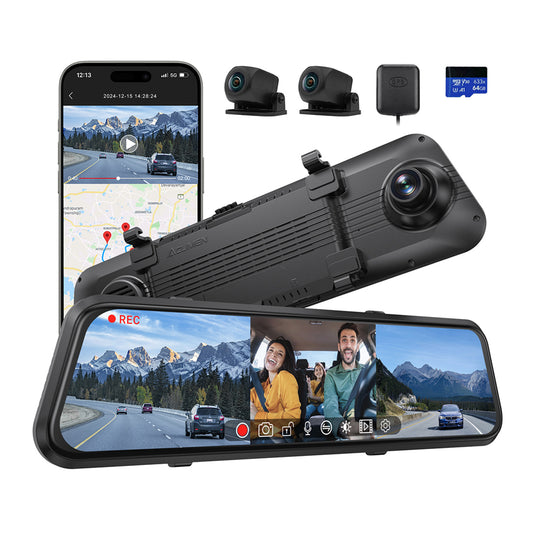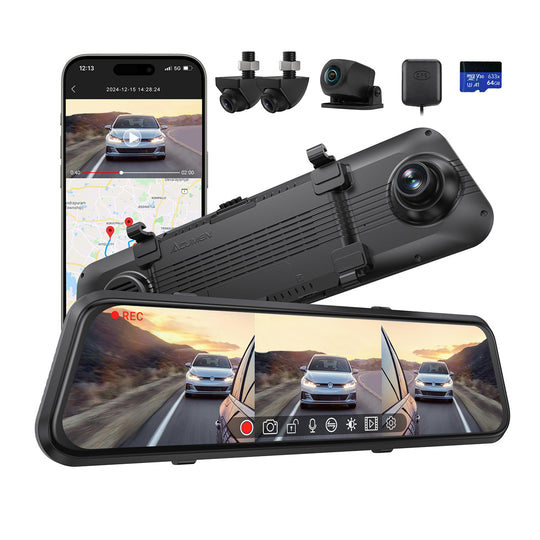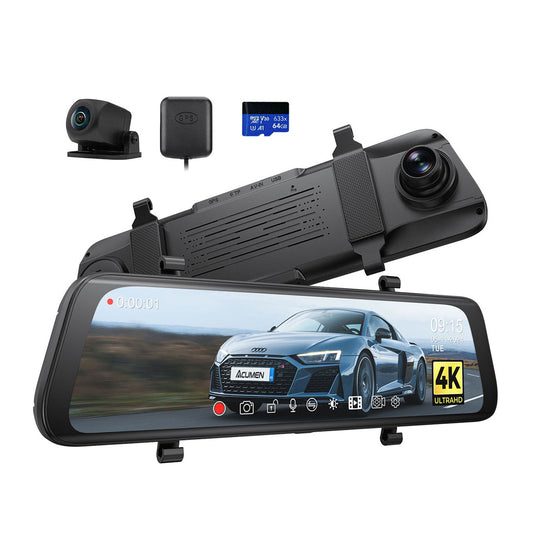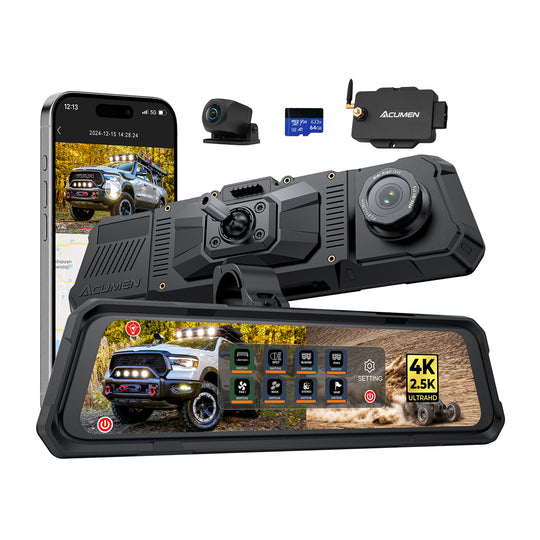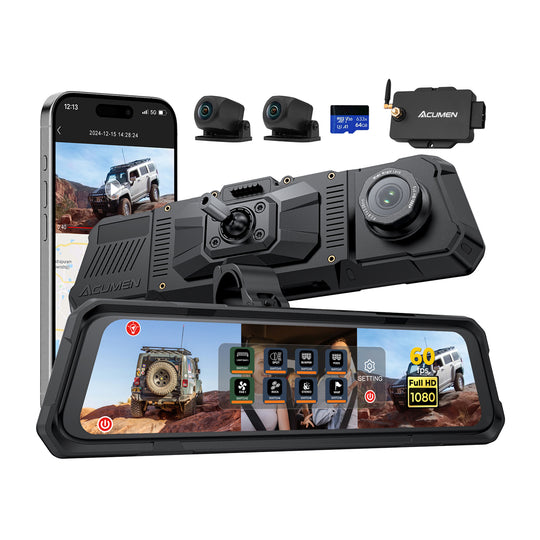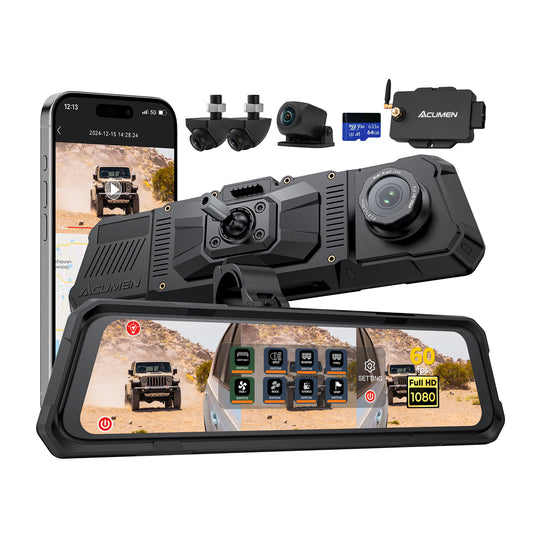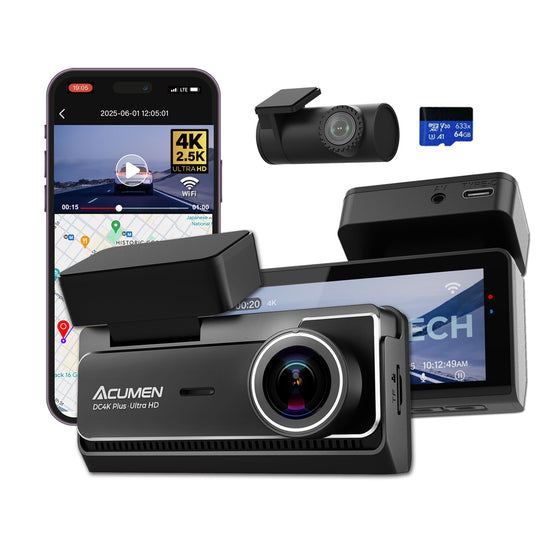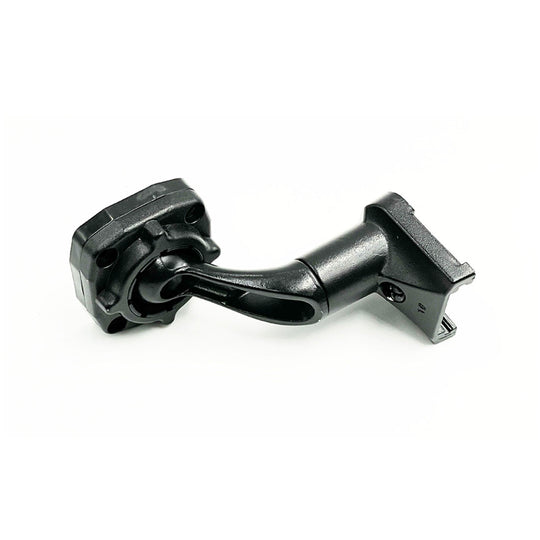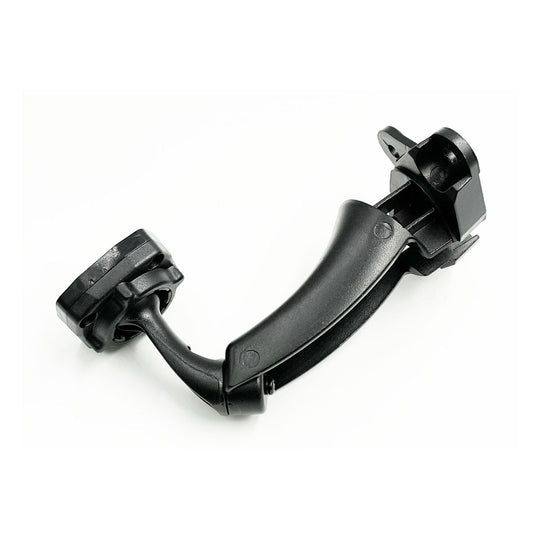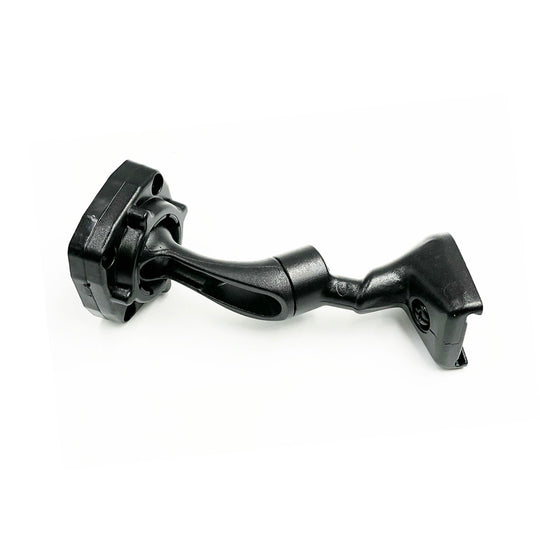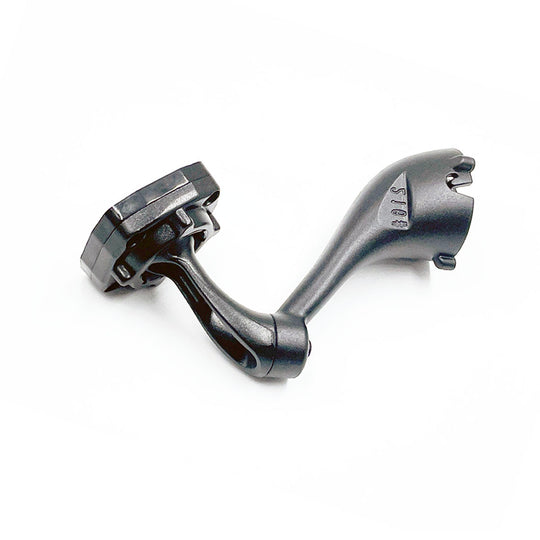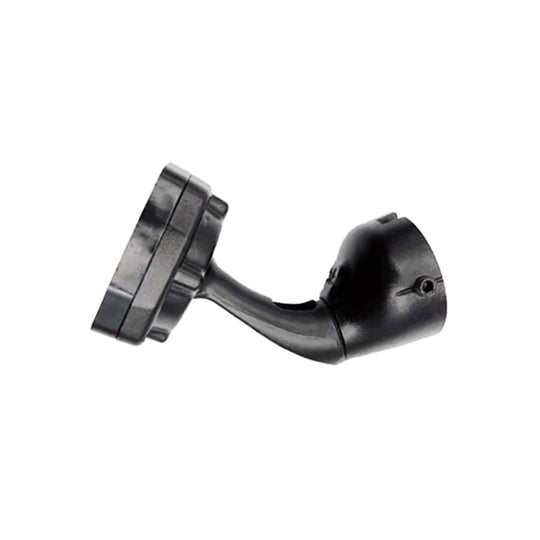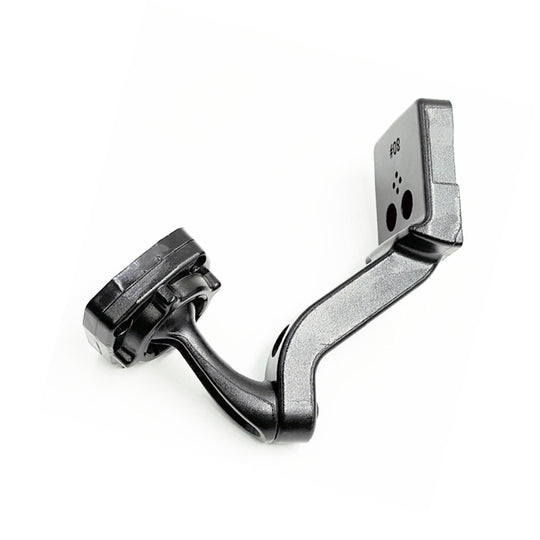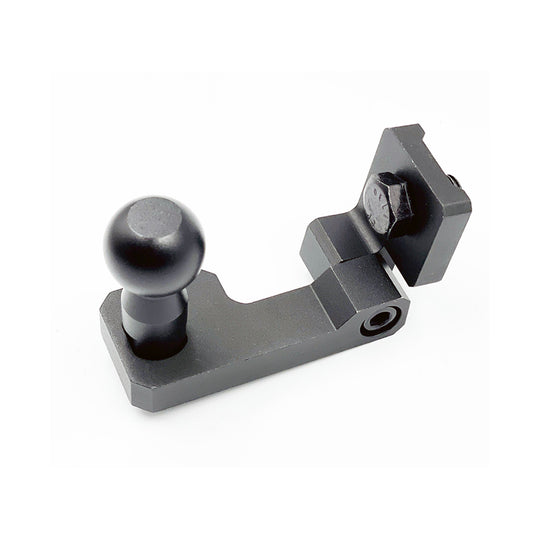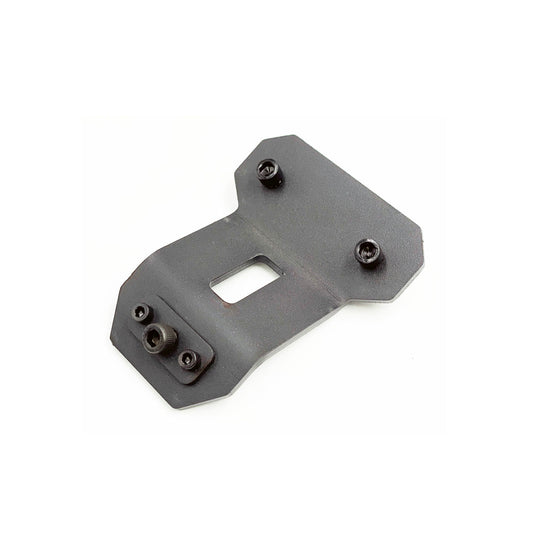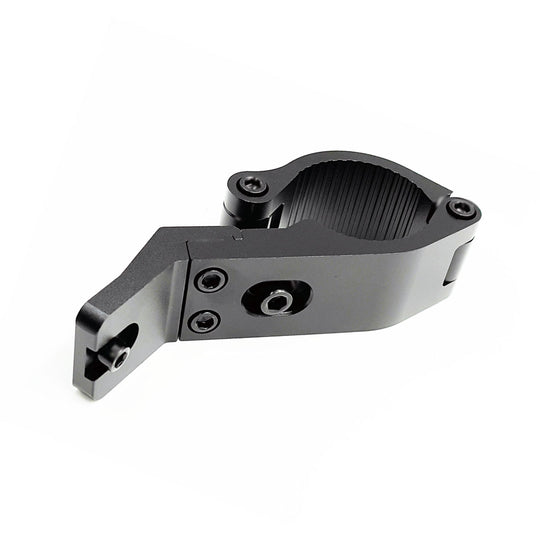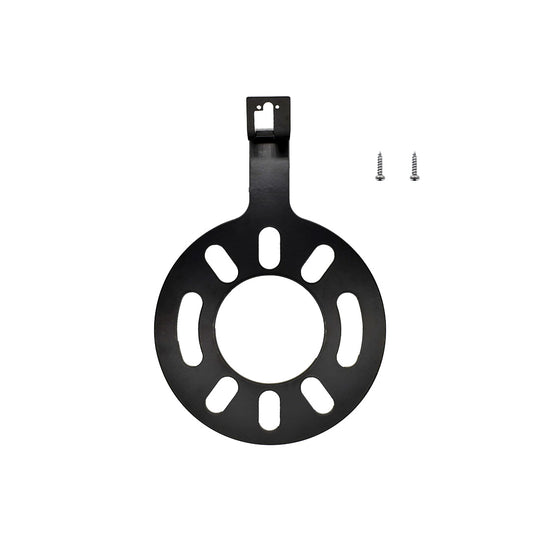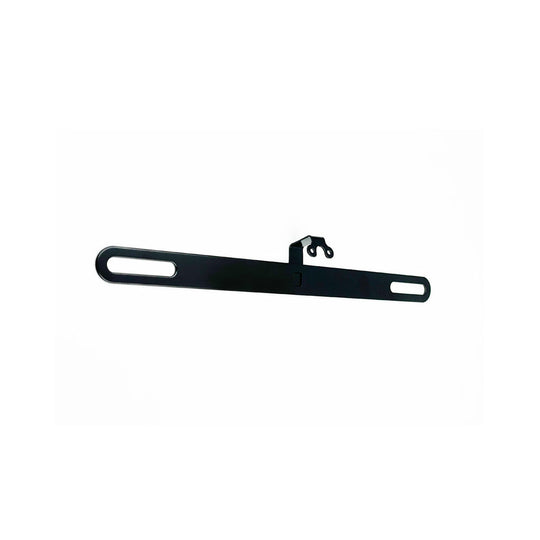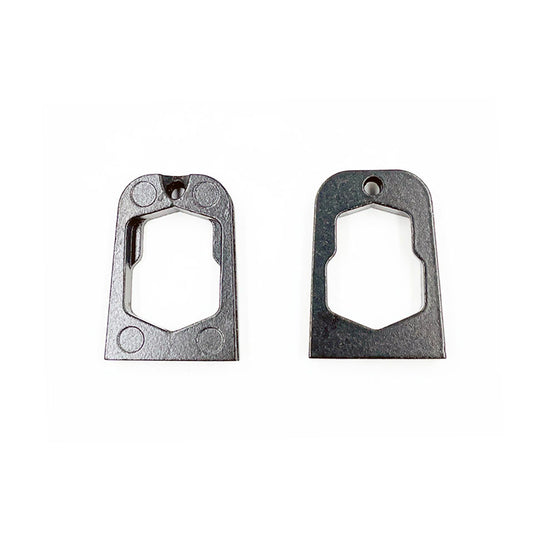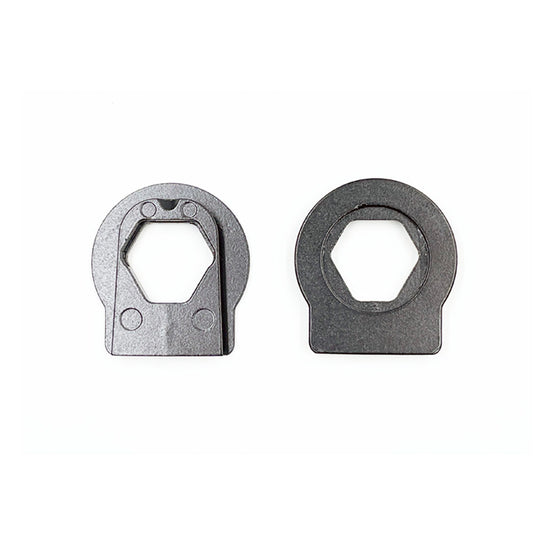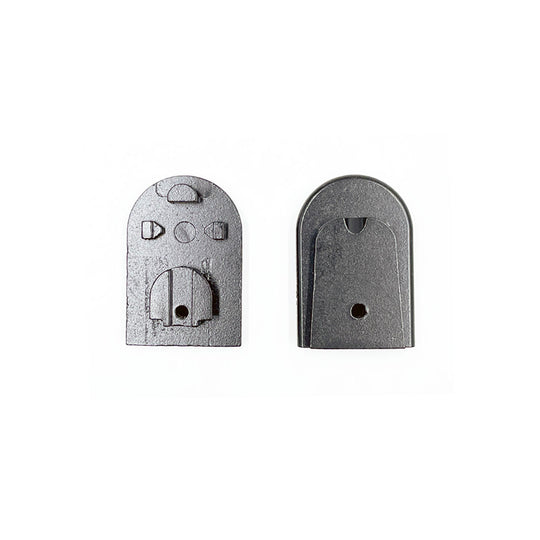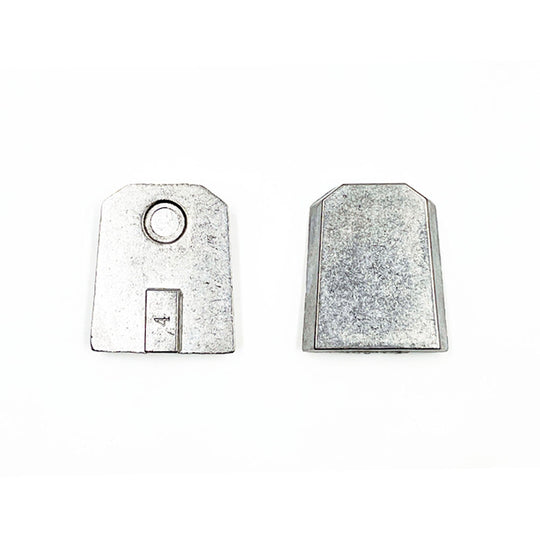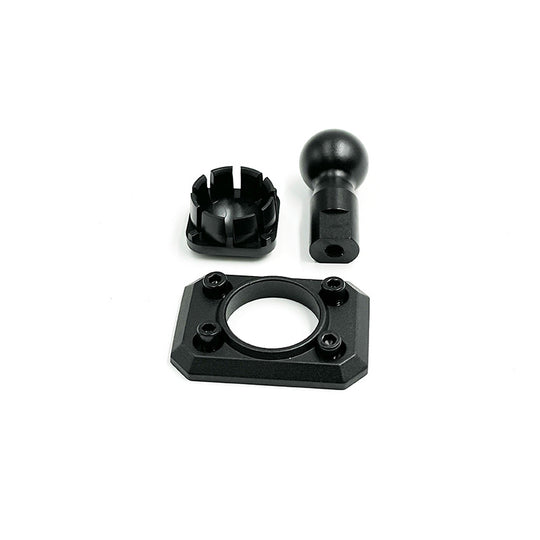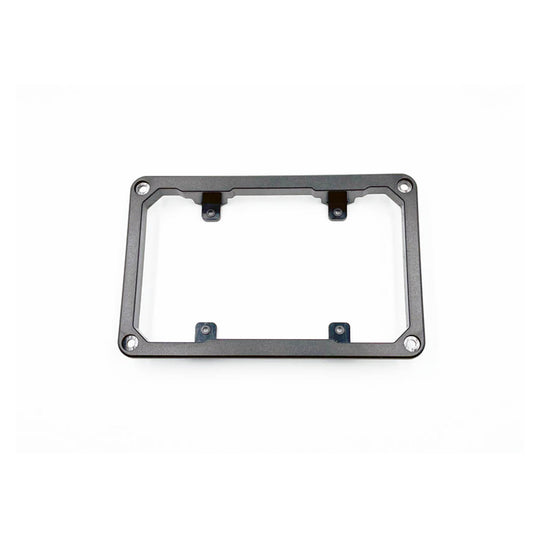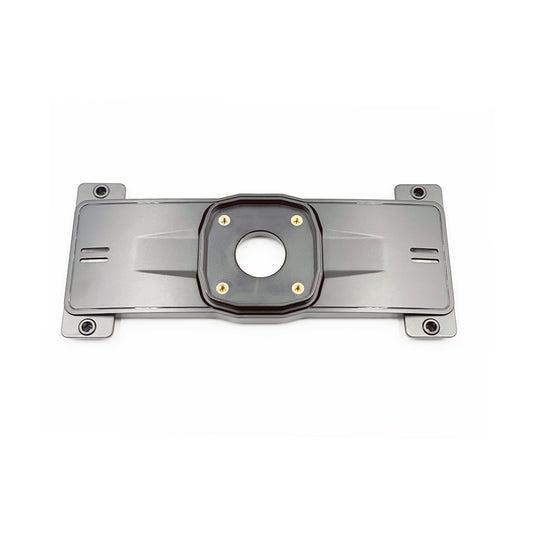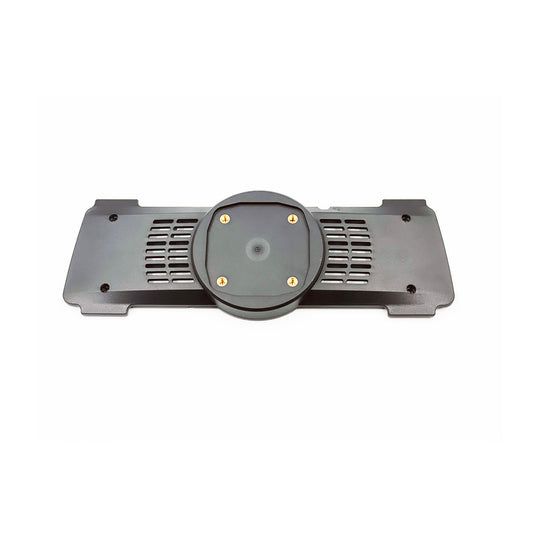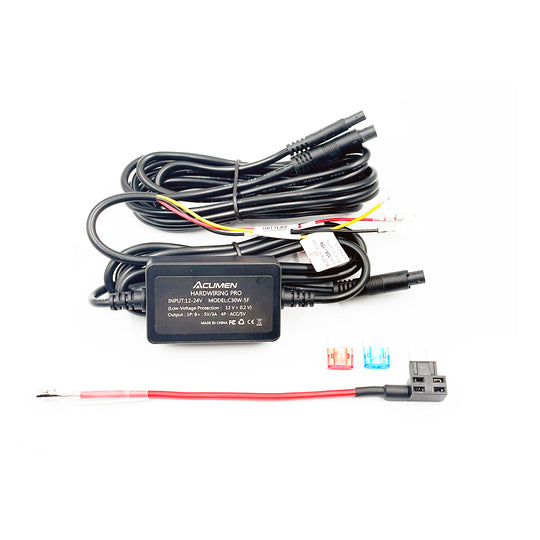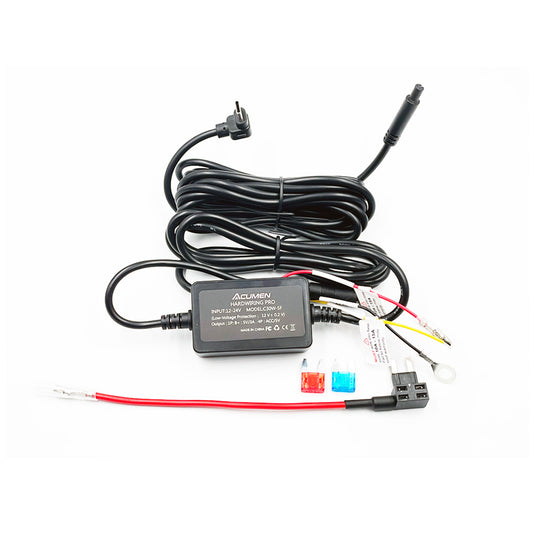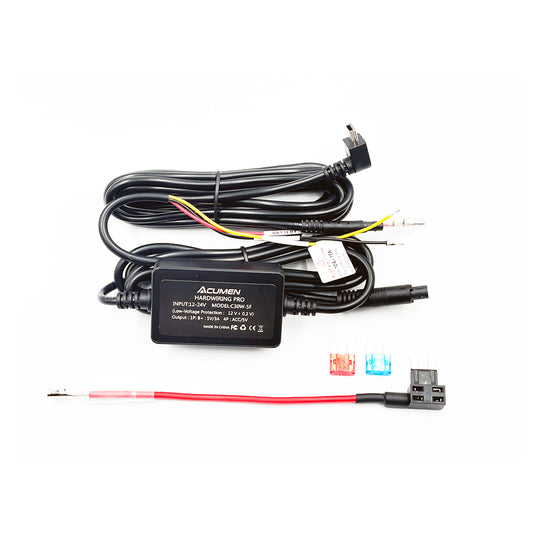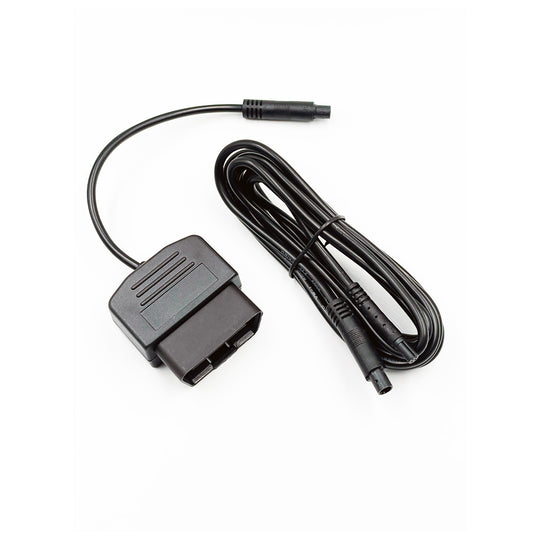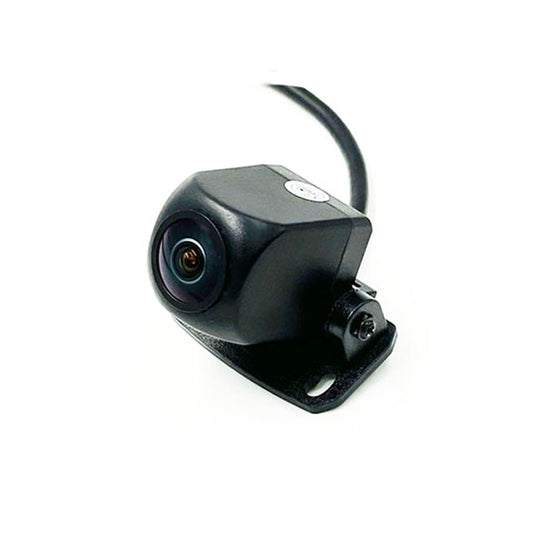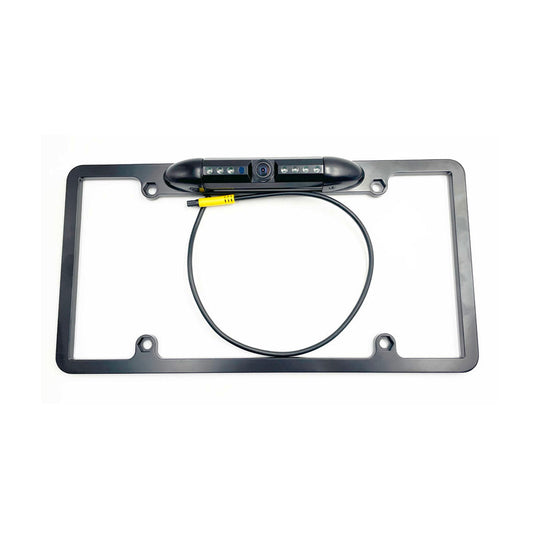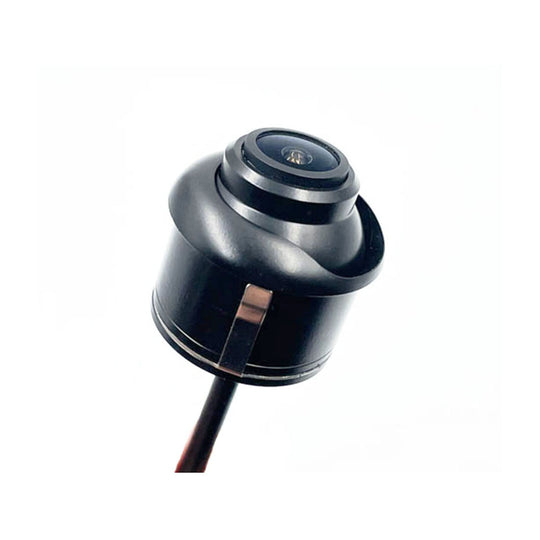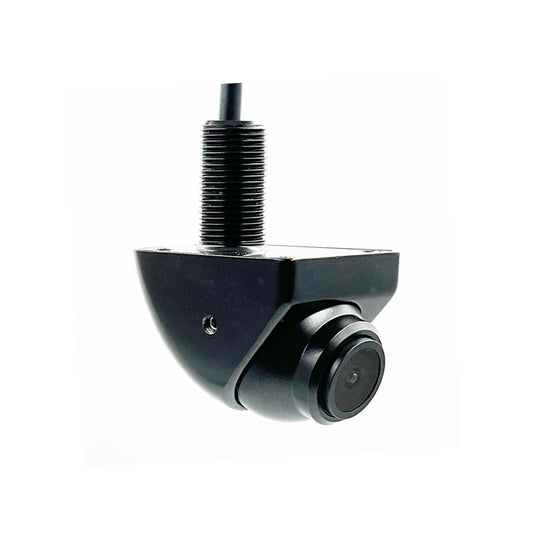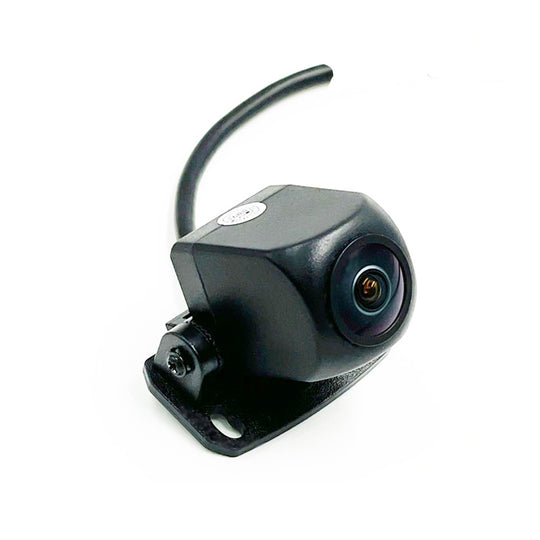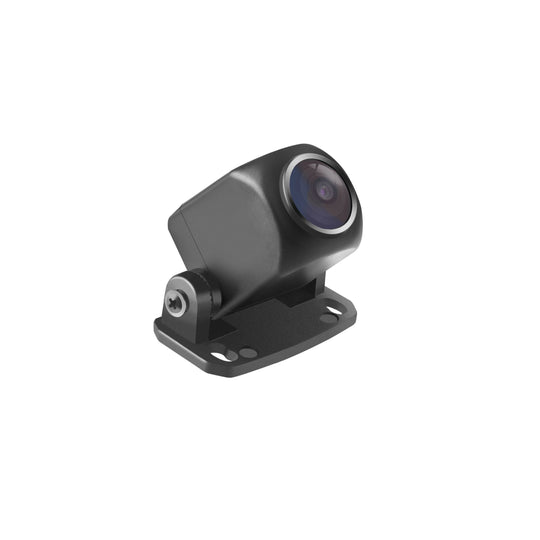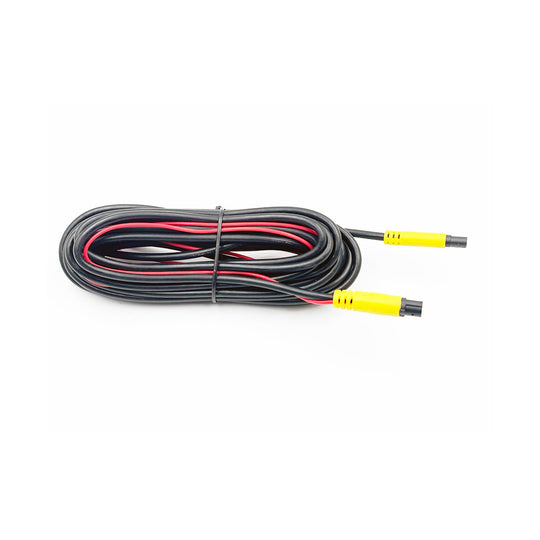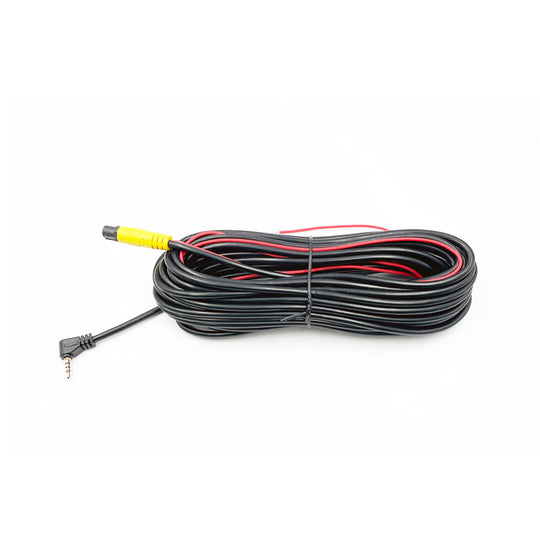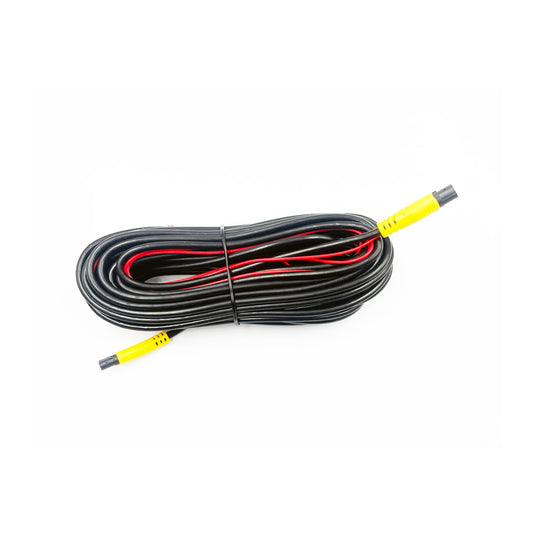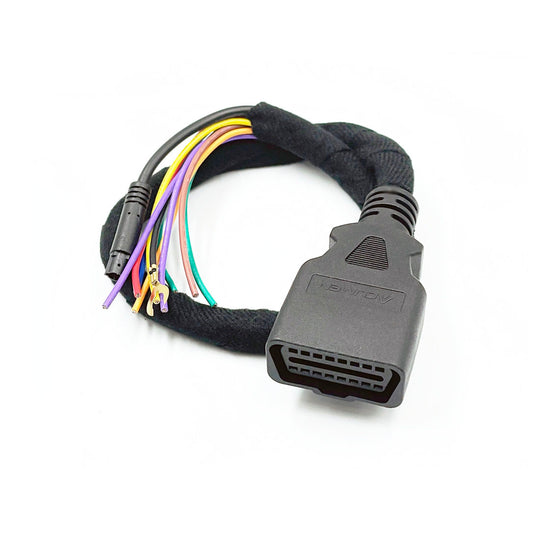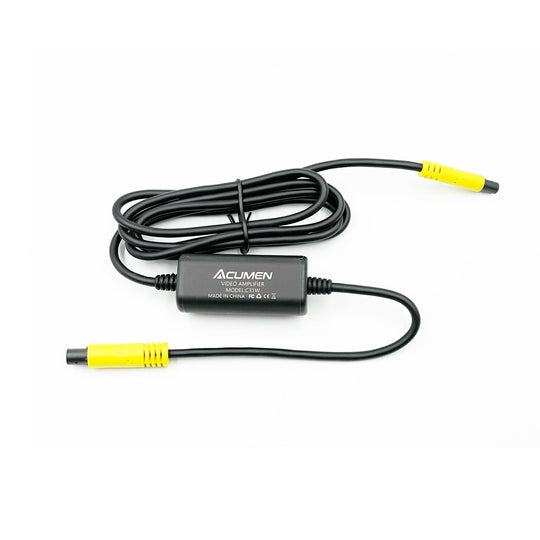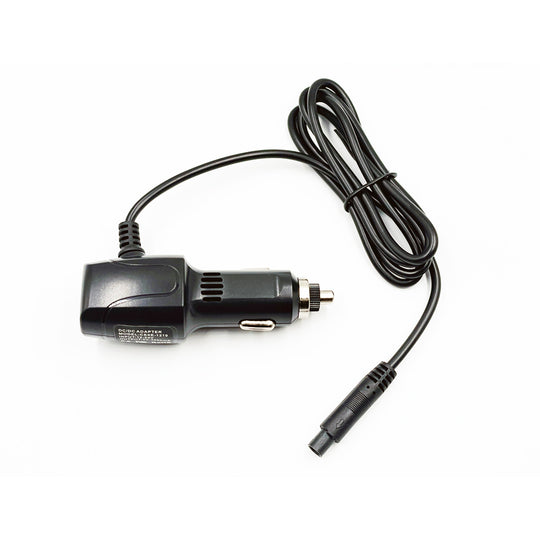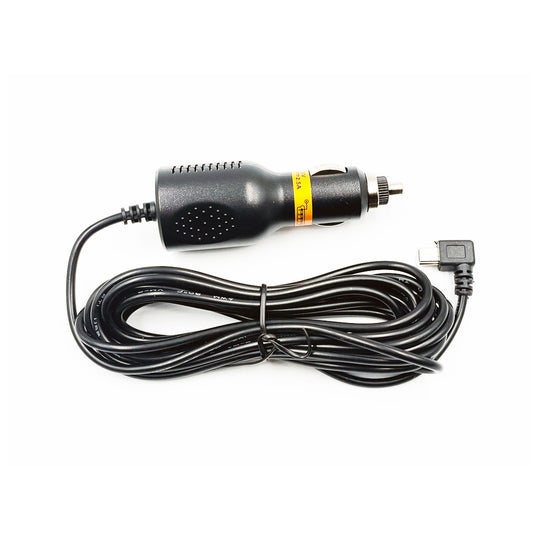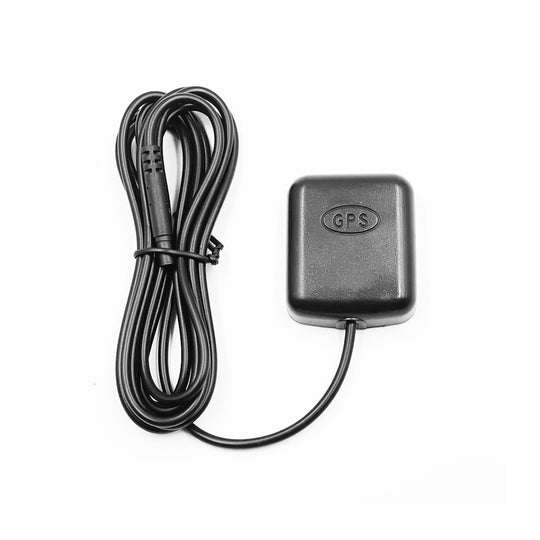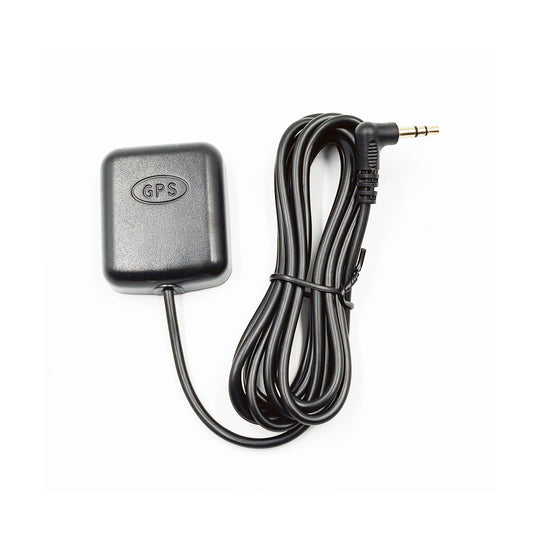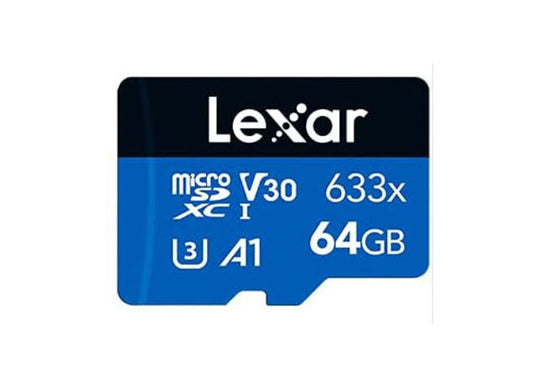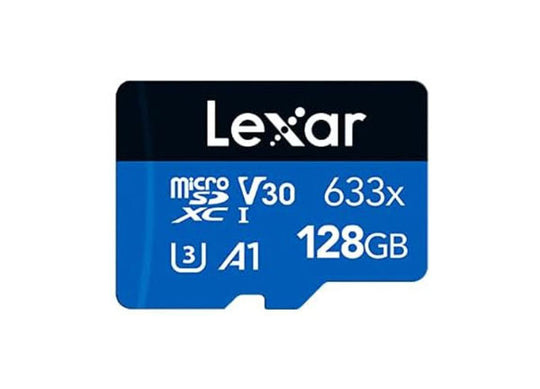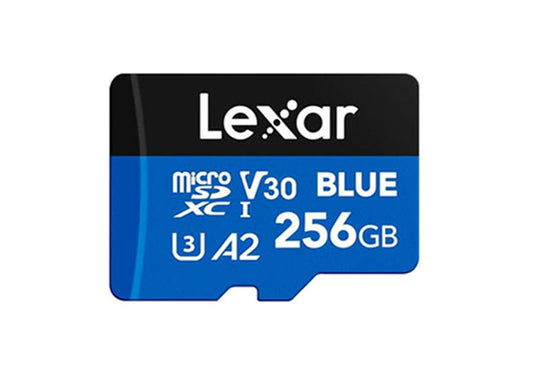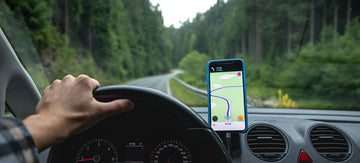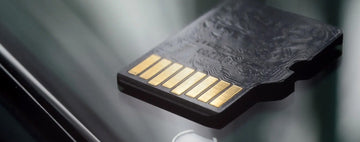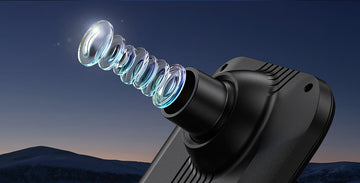When shopping for a GPS device, you may encounter terms like GPS Navigator, GPS Tracker, or GPS Logger. While these products all use GPS technology, they serve very different functions. To ensure you pick the right one, it’s important to understand the distinctions between them.
What is GPS?
We’re all familiar with the term “GPS,” but do you know what it stands for? GPS, or Global Positioning System, is a satellite-based system that provides positioning, navigation, and timing services. Initially developed for military use, GPS allows both military and civilian users to accurately determine their geographical location using signals from satellites orbiting the Earth. By triangulating signals from at least three satellites, a GPS receiver can pinpoint your location.
Once your location is determined, GPS can provide additional information such as:
- Coordinates
- Direction
- Speed
- Distance to destination
- And much more
Why is GPS Free?
Although originally developed for military purposes during the Cold War, GPS became available for civilian use after the tragic downing of Korean Air Flight 007 in 1983. President Ronald Reagan decided to open up GPS to civilians to prevent such incidents in the future. Since then, GPS has been freely accessible to anyone with a compatible device.
GPS Navigation
The most common use of GPS technology is navigation. GPS navigators combine satellite signals with interactive maps to plan and guide your route. Advanced GPS devices often integrate real-time traffic data to help you avoid congestion, road construction, or accidents, ensuring you can find the fastest route. If you miss an exit or take a wrong turn, your GPS will quickly recalculate and provide a new path.
GPS Tracking
GPS tracking devices fall into two categories: active and passive trackers.
Passive GPS Trackers
Passive trackers store GPS data—such as coordinates, speed, and timestamps—on an SD card. To view this information, you simply remove the memory card and transfer the data to your computer. Some passive trackers can even send data to your phone or a computer when the vehicle reaches a predetermined location. However, passive trackers do not provide real-time tracking.
Active GPS Trackers
Active GPS trackers, on the other hand, rely on cellular networks to provide real-time tracking. This means you can monitor the location of your vehicle at any time, from anywhere. Active trackers are useful for fleet management and for parents keeping an eye on teenage drivers. Keep in mind that many active trackers require a subscription for 4G LTE data, which comes with a monthly fee.
GPS Logger
A GPS logger is a device that frequently logs a vehicle's position, speed, and direction, typically used in dash cams like the ACUMEN 4K Rear View Mirror Camera. These devices record driving data onto an SD card, which can later be replayed or analyzed. The dash cam front and rear features, including GPS logging, can provide useful evidence in the event of an accident or insurance claim, offering an accurate record of the driving route, speed, and location.
For instance, if you're using a The Legend Waterproof Rear View Mirror Camera like those from Acumen, the GPS logger will ensure that every moment of your journey is documented—whether you're on a routine drive or caught in an accident. This can be crucial for protecting yourself in cases of disputes or insurance fraud.
By understanding the key differences between these GPS devices, you can select the right tool to fit your needs—whether it’s for navigation, tracking, or logging your driving data.
Check the product:https://acumen-camera.com/products/the-legend-mirror-2ch
© 2025 Acumen. All rights reserved.

